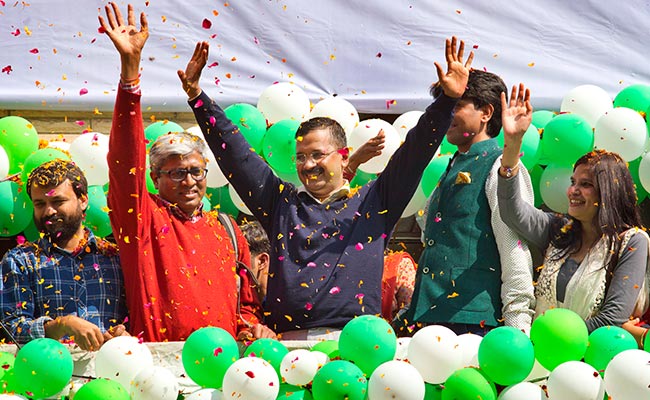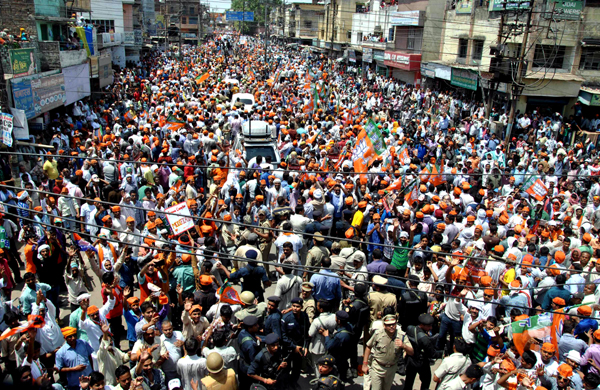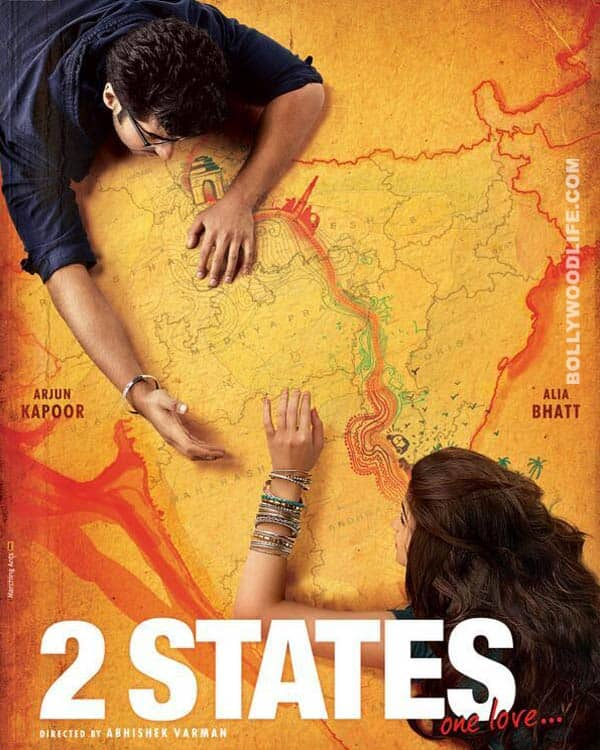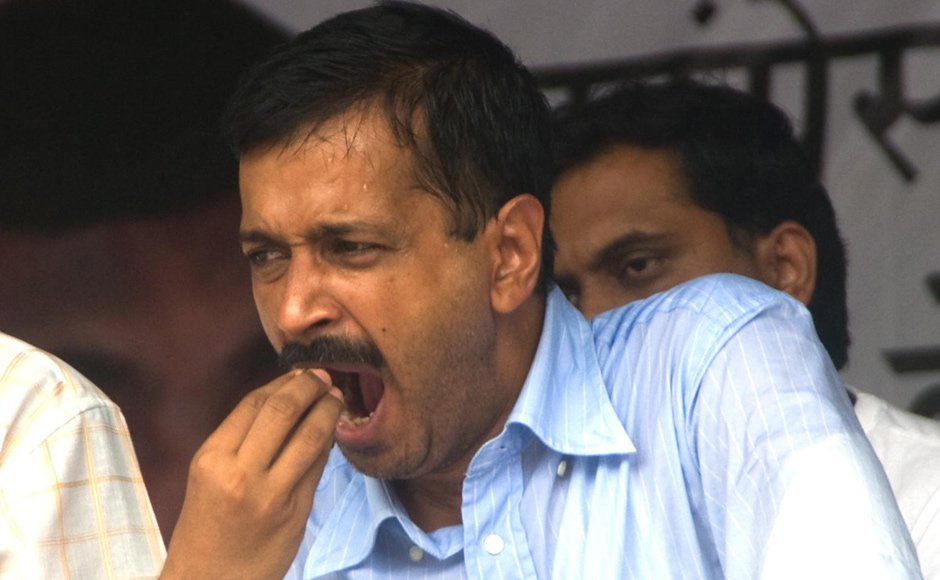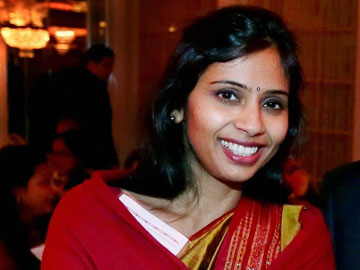The very first personal remark I hear from most new acquaintances,
is about how my appearance is un-Indian. It begins with estimation (regarding
my nationality - Pakistani, Turkish, Arab), and ends in exclamation (when I
reveal my identity). With time, I have come to enjoy the momentary befuddlement
I bear witness to. The various titles I've acquired over the years - Sheikh,
Pasha, Raees - have all added to the experience.
Having lived in Saudi Arabia for most of my life with
Pakistanis as friends and colleagues, role-playing has been second nature to
me.
I've always been hoping to discover the 'Pasha' within me;
and last year, when an opportunity for a short vacation presented itself,
Turkey was the only contender.
My brother Chirag and I got in touch with Garima Ahuja from It's My Getaway to map out an
eight-day trip that would see the two of us traverse the Map of Turkey, from
the edge of the Black Sea to the Mediterranean.
From the captivating caves of Cappadocia, to the alluring
beaches of Antalya, to the pearly travertines of Pamukkale, and to the
ineffable timelessness of Istanbul, there aren't enough words to describe
Turkey. It is both Asian and European, an intercourse of history with
modernity, an abode for the wandering hermit and a temple for the young and the
beautiful.
I hope to recreate the eight days of sheer euphoria in some
of the best pictures from the trip.
Cappadocia
The heart of the Hittite empire, this historical region is
enshrouded by underground caves, fairy chimneys and hot air balloons. A great
way to discover Turkey is through this picturesque Central Anatolian region.
We began our Turkey trip two days before Eid (Bayrami in Turkish) by flying into the region's Kayseri Airport via Istanbul, and driving to Goreme town in Nevsehir province.
Garima planned our stay at the the Anatolian Cave, a quaint hotel along a cobbled slope that begins at the head of a cave hill and descends into the frenzied marketplace of Goreme.
The breathtaking Hot Air Balloon ride was definitely the highlight of our 2-day stay in Cappadocia. The hour-long flight hovers over deep canyons, caves with bird shelters, and abstruse geological formations, all of which, make for a scintillating experience.
At 5am, buses brimming with eager tourists throng the
balloon depot, and take off for the skies half an hour later - perhaps the only
time you'll catch the first rays of the sun in an otherwise nocturnal Turkish
trip.
The guided bus tour takes you across museums, caves, a
pottery barn, orthodox churches and sweet shops in Goreme, Urgup, Uchisar and
Derinkoyu and is highly recommended.
Antalya and Pamukkale
To me, Alexandria was the most amazing city on the
Mediterranean coast. That was; until I landed in Antalya.
After a cheesy Cappadocian breakfast with chewy lokum
(Turkish delight) for dessert, we departed for Antalya, an Anatolian beach town
with a European vibe.
We stayed at the Crowne Plaza, located off Konyaalti beach,
with the best view of both the Mediterranean (Akdeniz) and the Taurus mountains.
After parading on the beach until dusk, we found ourselves
at Big Yellow Taxi, a funky beachside cafe which would become our favourite
haunt for the rest of our trip. The food, drinks and nargile were just what we
needed to unwind before our morning ride to Pamukkale and Hierapolis.
Pamukkale (Turkish for cotton castle) is a world heritage site nestled atop a travertine hill with warm springs for a therapeutic sunbath. Note: It is wise to invest in SPF 100 for sunscreen, or you may risk getting a painful red tan.
Adjacent to Pamukkale is the ancient city of Hierapolis,
which is history served on a platter. The Hierapolis experience consists of
medieval temples, theatres, gates and a necropolis from the Phrygian, Roman and
Seljuk eras. The four hour bus ride to and from Pamukkale is complemented with
visits museums and towns along the way.
Back to Antalya with a bronze complexion, we were quick to
transit to Kaleici, the old city famous for its vintage feel and a bustling Marina.
A short walkabout and some delectable dondurma (Turkish ice cream) later, we
settled into our booth at Big Yellow Taxi with a couple of Jager bombs by the
sea.
Before out midday flight to Istanbul, we visited our last
stop in the city, the Antalya Museum - a treasure trove of Greco-Roman and
Ottoman artefacts.
Istanbul
Istanbul is an entity by and unto itself. There is no better
city that encapsulates the spirit of Europe and the heart of Asia as
glamorously as Istanbul does. The seat of empires and religious institutions,
Istanbul's grandeur and timeless opulence deserve a chapter on its own.
Even before you've landed in Istanbul, you will be entranced
by the shiny blue waters of the Bosphorus; inviting you to its shores.
The varied identities of Istanbul are both discrete and yet twined together in a warm, eclectic embrace.
The varied identities of Istanbul are both discrete and yet twined together in a warm, eclectic embrace.
Sultanahmet, Blue Mosque, Aya Sofya, Topkapi, Grand Bazaar, Basilica
Cistern, Spice Bazaar, the Bosphorus cruise, Taksim Square, Istiklal Caddesi,
Galata, Ortakoy, Tophane, Beyoglu, Bebek, Atakoy Marina and Rumeli Hisari are
some of the most popular spots we visited in the three days we spent in
European Istanbul.
We stayed at the Best Western President Plus at Beyazit near Sultanahmet, which is an excellent location to access most of the sites listed above by foot, in not more than 20 minutes.
For those who dread walking the distance, there is an
impressive Tramvay service that takes you to almost any tourist destination on
the city map in just 4 liras (for Taksim, take the funikuler from Kabatas for
an extra 4 liras).
The alternate route (also longer but more enjoyable) to
Taksim is through Galata. About an hour before sunset, we hopped on the tram to
Karakoy, and walked to the foot of Istiklal Caddesi, on to Galata Tower to
catch the setting sun, and all the way up to Taksim Square.
This is where Istanbul comes alive, this is where the party begins and coruscates into the night.
A warm bite of Hafiz Mustafa's pistachioed baklava, coupled with the seductive charm of
music at Nevizade Sokak, and you know you’ll never have enough of Istanbul. And you shouldn’t:
the transcontinental metropolis is one of the hottest nightlife destinations you’ll visit: (Hit Reina,
Suada or any of the big room bars at Beyoglu for a night to remember.
The experience is surreal: Istanbul is as beautiful during the day as it is during under the bright night lights. I can't wait to revisit this magical country and pick up from where I left off.
By all accounts, this memoir has underwhelming, for there
aren't enough words to describe Turkey. Almost like a beautiful baby, it has been nine months too
late, but hopefully; it's been worth the wait.


























